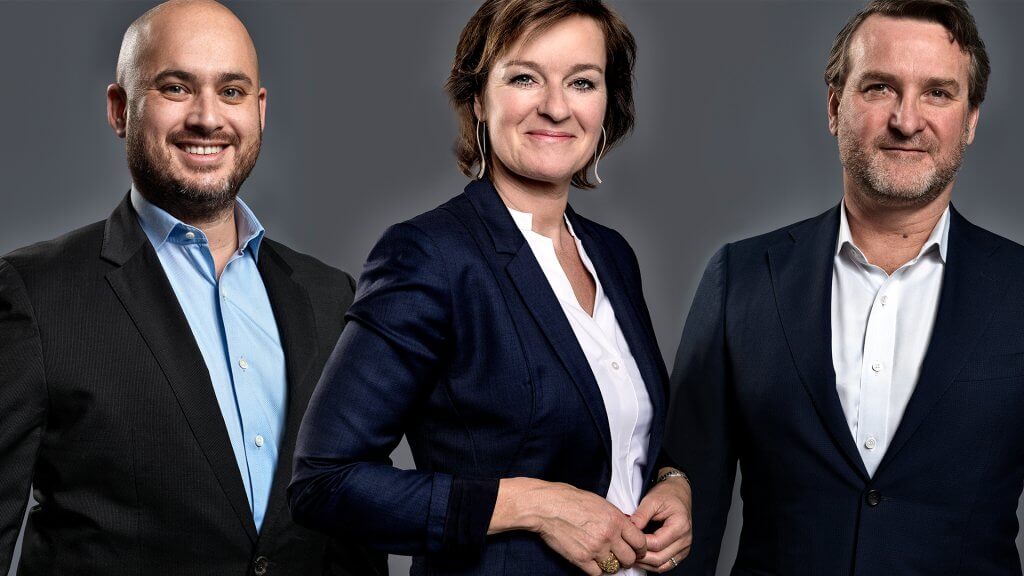As federal reserve bank records show, historically, a number of central banks have invested in U.S. Treasury securities. Some have pulled back on the practice in recent years, though, and are now focusing more on gold, according to Kevin DeMeritt, founder and chairman of Lear Capital.
China, for example, historically had been one of the largest external U.S. Treasury securities holders. The country accelerated its U.S. debt-related buying in 2000, according to CNN, and served as the largest foreign creditor to the U.S. for more than 10 years, until political tension in 2019 prompted it to begin to reduce its debt holdings.
While China had 7.52% of foreign-held U.S. securities in 2019, by 2022, that number had declined to 5.92%, according to Statista data, and CNBC reported the country’s U.S. debt-based holdings fell below $1 trillion for the first time in more than a decade.
Russia, too, once held significant amounts of U.S. debt but began reducing its holdings in 2018, according to the Russian news agency TASS, cutting them from $96 billion to $48.7 billion in April of that year alone.
The U.S. government’s approach to currency production — which has involved creating varying amounts of dollars, ranging from less than $125 billion in 2002 to $267.1 billion in 2022 — has been a factor in some nations’ decision to reduce their debt holdings, Kevin DeMeritt says.
“They’re selling off U.S. Treasurys, which is really U.S. dollars, and they replaced it with gold,” he says. “Why not hold the gold? That’s a good inflation hedge against [the] printing of money. [You] can’t print any more gold; you can print money pretty fast.”
Gold Gains Ground
After 2009, central banks’ gold buying began accelerating, and by 2018, the precious metal accounted for approximately 10% of all central bank foreign exchange assets, according to Official Monetary and Financial Institutions Forum data.
From 2016 to 2021, government bonds became less of an investment focus, according to Statista, with the allocation of bonds in central banks’ portfolios dropping from 67% to 40%.
“China has sold off U.S. Treasurys; they’ve been replacing it with gold,” Kevin DeMeritt says. “[Countries] understand the paper and digital currencies could potentially go down in value. They need something that’s physical and has value.”
In 2022, banks’ gold buying occurred at a notable pace. The World Gold Council reported central banks purchased 152% more gold than they’d bought the year before.
“Central banks purchased a quarter of all the mining supply, which is a huge jump from [their previous activity],” Kevin DeMeritt says.
In 2023, banks’ buying maintained a swift pace, according to the World Gold Council; thus far in 2024, the demand for the metal has remained high. China purchased 27 tons of gold in the first quarter of 2024; India added more than 18 tons, and Turkey obtained more than 30.
Central banks’ gold buying activity is significant, according to Kevin DeMeritt, in part because of the way they treat the asset after the purchase — and the impact that can potentially have on the market.
“They hold that metal for 10, 15, 20 years at a time,” the Lear Capital chairman says. “That metal is gone — and you’re not talking about small amounts.”
Private Investment in Gold
Enthusiastic buying by other parties, too, can affect gold’s availability. In numerous cultures, it’s not uncommon to own and view gold as a store of wealth, according to the World Gold Council.
This privately owned “under the pillow” gold, as the organization calls it, along with other physical assets, such as real estate, comprises the most significant part of household savings in India, for instance, where 40% to 50% of gold bars and coins that are purchased are eventually converted into jewelry — and households hold an estimated up to 25,000 tons of gold.
Turkey also has a lengthy history of domestic gold ownership and is the fifth-largest gold market in the world, with households possessing about 3,500 tons of gold.
While data on the number of Americans who own gold seems to be less readily available, U.S. investors certainly can purchase the precious metal — and potentially reap the benefit of any price increases gold experiences over time.
In recent months, gold hit several new high points; so far this year, prices for the precious metal are up 15.13%, USA Today reported earlier this month, with gold reaching a record level of more than $2,400 an ounce on April 12.
If you purchase gold items that meet the U.S. government’s purity qualifications and store them in an approved remote facility as part of a precious metal individual retirement account — Lear Capital, for example, arranges for its customers’ purchases to be securely sent to the Delaware Depository — you can also receive an associated tax benefit. The taxes you pay on the assets that are held in the account will be deferred until you retire.
The qualities that can make gold an attractive investment for central banks — such as its track record of often performing well, regardless of the current economic conditions, and the ability to serve as a long-term store of value — can also appeal to private investors who are looking for a way to help reduce portfolio-related risk.
“Gold has an inverse relationship to stocks and other types of assets,” Lear Capital’s Kevin DeMeritt says. “The volatility of gold is not going to be the same. No one has a crystal ball, so I can’t tell you when the stock market or home values are going to fall, but when they happen, it can have a devastating effect — especially if you’re retired and living on your assets.”





















